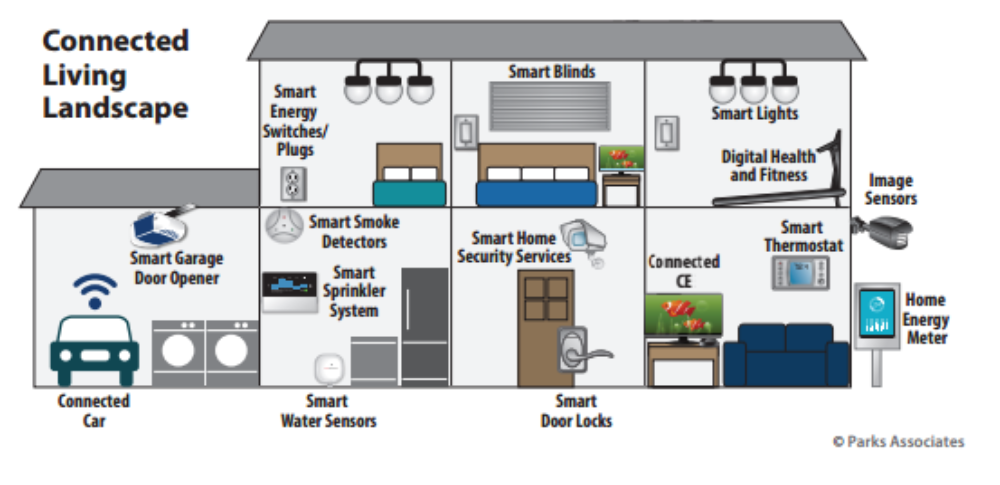A new report from Navigant Research examines smart home service opportunities and challenges, providing evaluations of services, recommended action items, and strategies for the smart home service market.
The report smart home stakeholders are starting to shift their focus from hardware sales to service-driven business models. Popular services that stakeholders have introduced to the market focus on a variety of use cases, including security monitoring, health and independent living, energy savings, HVAC performance monitoring, and convenience.
According to Navigant, while the volume of consumers adopting connected devices has grown dramatically in recent years, consumers have not been convinced of the value in paying monthly fees for many of the home services available, so adoption has been fairly limited.
“Offering services gives stakeholders a means to generate recurring revenue, capitalize on their investment in the Internet of Things (IoT), and create stickier relationships with residential customers while adding value and capabilities to smart home ecosystems,” said Neil Strother, principal research analyst with Navigant Research. “However, taking full advantage of the opportunity to offer home services is proving challenging. Stakeholders must figure out the best strategy for diversifying revenue streams and monetizing consumer data to overcome the challenge, or this could become a missed opportunity.”
To position for success, according to the report, stakeholders must ensure their solutions operate seamlessly and should focus on introducing services that are a necessity, not merely a convenience. Companies should also prioritize product security and interoperability and develop a long-term strategy to withstand difficult markets before services are introduced.




